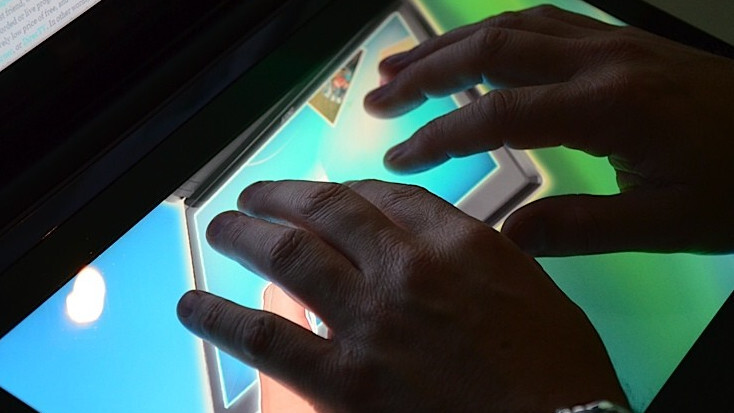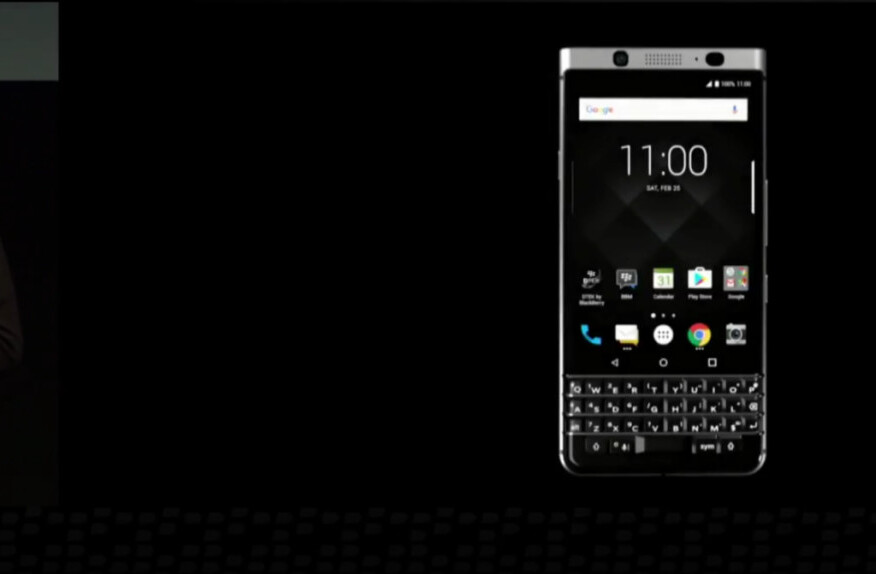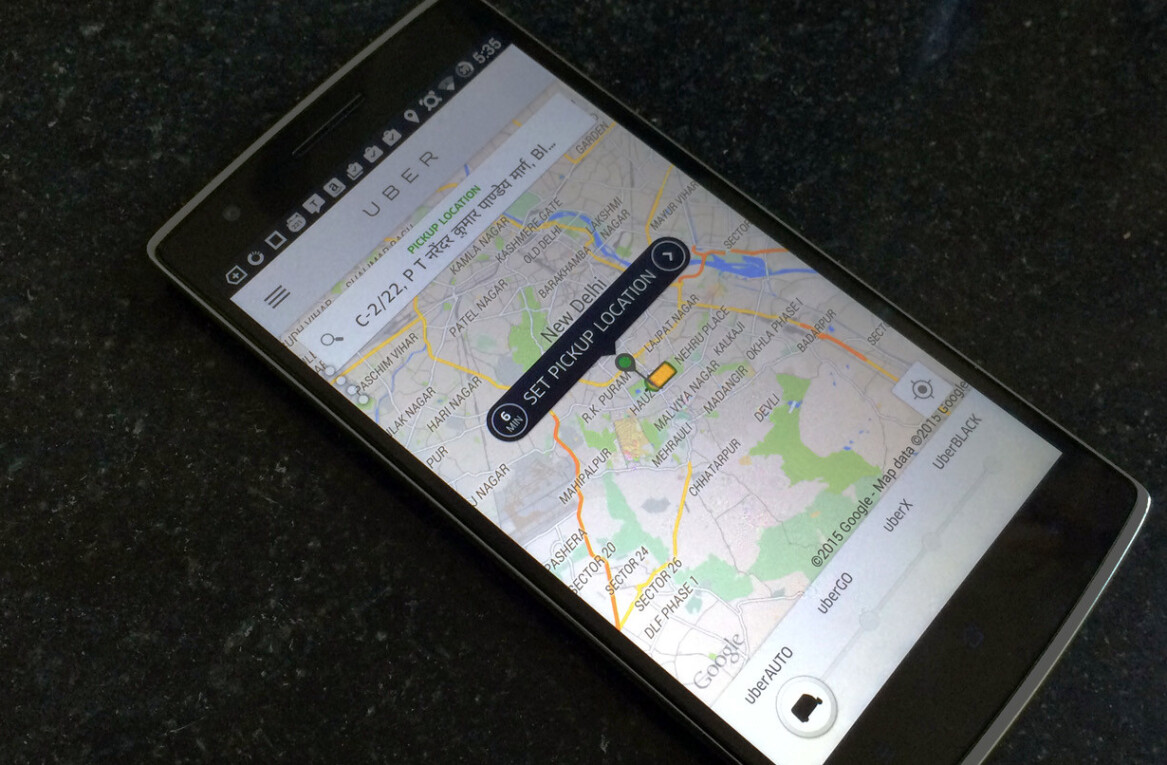
Here on the The Next Web Canada we don’t usually talk about political strategies or election platforms. However, the following set of plans outlined by the Liberals will specifically affect your digital freedoms.
The Liberal government has just released its plans for the future of the digital economy, which highlights eight principles such as broadband access and its position on an open Internet for Canadians.
In the last few months, amidst a storm of controversy over Internet fees in Canada, more than half a million Canadians signed a petition to stop Internet metering. And considering the amount of tech savvy voters in Canada, it’s no surprise that politicians are now jumping on these hot digital-related issues.
The Digital Canada of Tomorrow
Access to Broadband for All Canadians: The first key principle within “The Digital Canada of Tomorrow” section of the Liberal’s election platform states that it will invest $500 million to ensure that all Canadians have broadband access of at least 1.5 Mbps. This initiative would be rolled out over three years and hopes to fund the program with revenue gained from the telcos during the wireless spectrum auction.
A Liberal government will publicly tender contracts for private companies to install broadband capacity for the hundreds of thousands of Canadians in rural, remote or northern areas who do not currently have access.
Closing the Digital Divide & Flourishing Canadian Content, Culture and Identity in Digital Media: The Liberal’s digital economy platform outlines a plan for both educating and supporting Canadian digital content with funding including increased support for CBC, the Canadian Broadcasting Channel.
A Liberal government will work with all partners to promote digital life skills and training, in particular for older Canadians and lower income families.
Fair balance Between Creators and Consumers: Aiming to appease the digital crowd further, the Liberals have also reaffirmed that it stands behind Canadians using content for personal use. Bill C -32, a copyright bill we broke down a few months back is set to introduce digital locks to Canada with no fair dealings and no exceptions. Bill C -32 will basically make it illegal to burn, copy or jailbreak anything that contains a digital lock. This could include anything from phones to DVDs or software. The Liberals claim that Canadians should basically have the freedom to do what they want with their own property as long as it’s for personal purposes.
Protection From Digital Threats: The Liberals point out that your digital safety will be a priority and will work to upgrade security to prevent fraud, economic disruption and anything that threatens national security.
Competition in a Healthy Business Environment that Rewards Innovation: In the last five years Canada has fallen behind other countries within the digital space including the UK, France and the U.S., according to the Liberal government. The Liberals want to reward carriers that “invest heavily in the advanced services and infrastructures”. This section also states that it consumers “deserve choices” and since the Liberals support the review of the CRTC’s decision on usage based billing, we’re assuming the party supports competitive pricing among ISP fees.
An Open Internet & Open Government: The Liberal party of Canada additionally claims it supports both an open government and open Internet. The party says that it would make government data freely available to the public online and said it’s committed to issues such as usage based billing and net neutrality. We’re not sure to what extent the Liberals will support net neutrality but we’re hoping its position is against throttling, a problem that World of Warcraft players are currently facing while using the ISP Rogers.
Internet traffic management must remain neutral, and maintain the open sharing of legitimate technologies, ideas and applications. A fair, effective wholesale regime is also essential to allow smaller Internet service providers to lease broadband infrastructure at fair prices.
Overall its plans sound promising and Canucks can pat themselves on the back for being so loud and vocal on the web about issues relating to digital copyright and Internet rights. Canadians, will this sway your decision on election day?
Only Michael Ignatieff and the Liberal Party have shown leadership by taking strong positions on net neutrality, open government, broadband access, fair copyright, digital democracy and now usage-based billing
Get the TNW newsletter
Get the most important tech news in your inbox each week.





